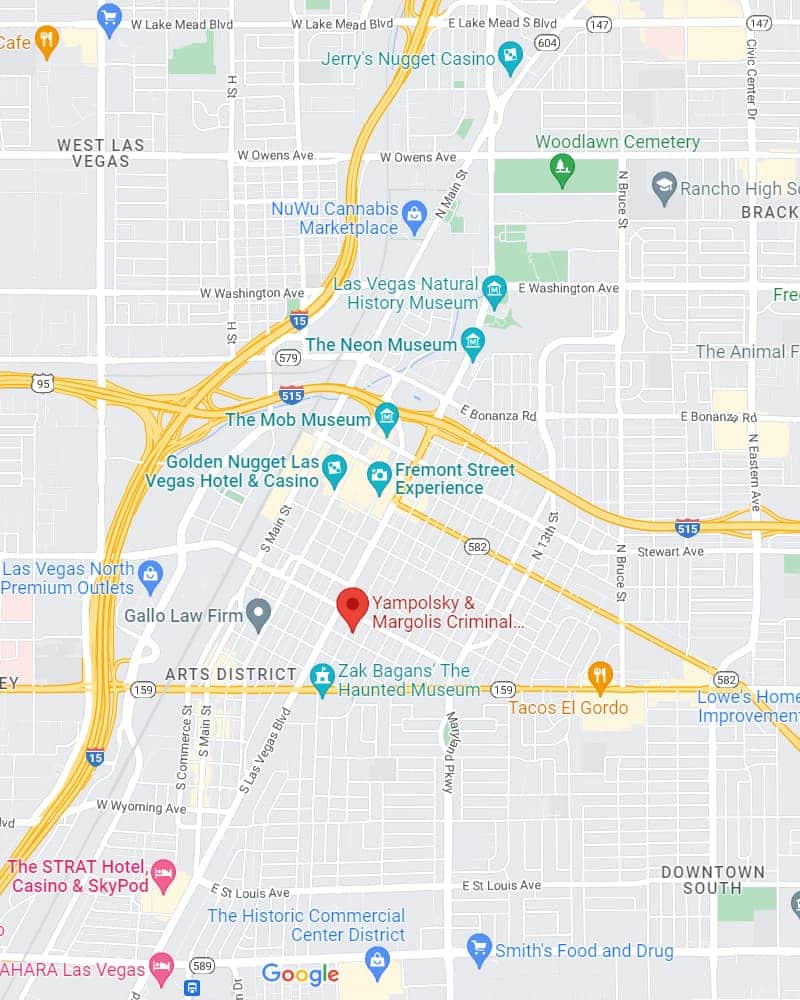NRS 453.337 and NRS 453.338 criminalizes the possession of various controlled substances such as those named above for the purpose of sale, and the penalties are greater for violation of these statutes than are the penalties for mere possession listed in NRS 453.336. A first time penalty under this law is a D felony carrying a potential term of imprisonment of 1-6 years in the Nevada Depart of Corrections (hereinafter “NDOC”).






